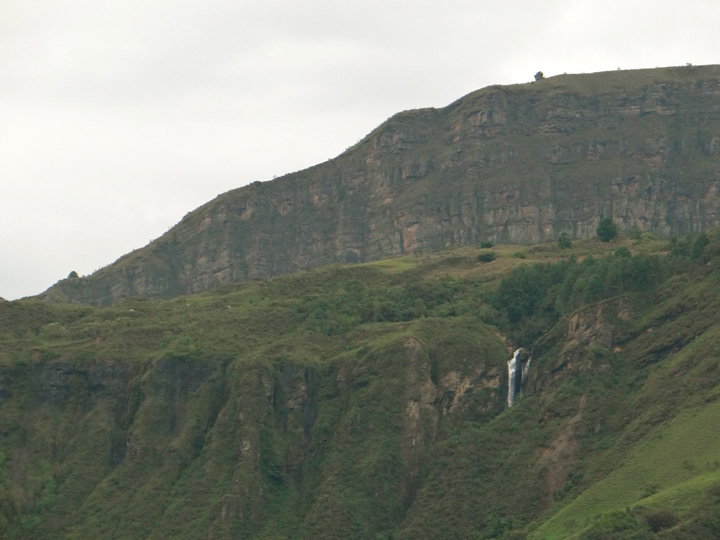Zambia restricts Emeralds sales
Last month the government of Zambia restricted the sale of emeralds extracted in that country. The restriction says that emeralds produced or extracted in Zambia could not be sold abroad and had to be sell in its capital. The decision was taken, as the ministry of mines said “to keep the capital from flying and to deliver Zambians the much-needed resource.”
Read more



